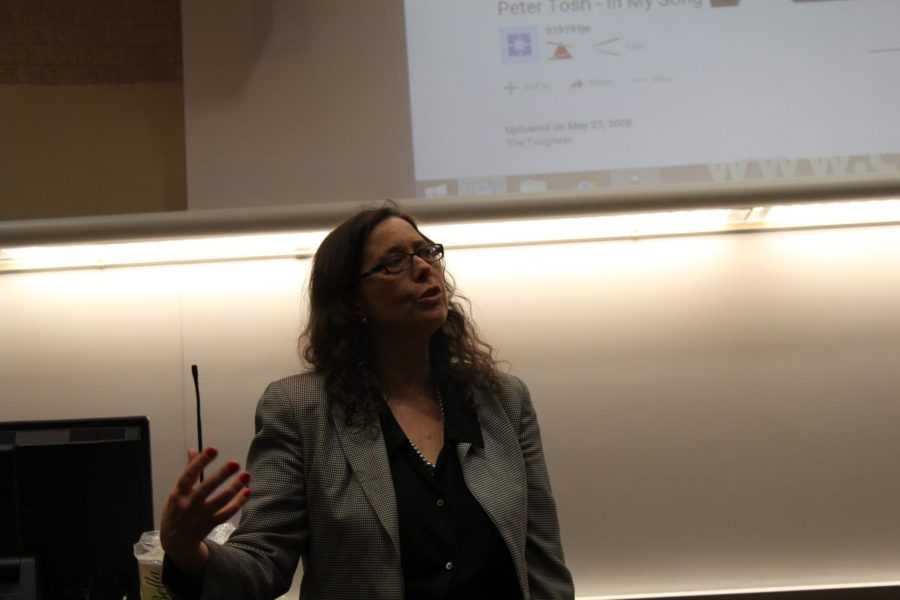A measure that would make it illegal under the United Nations charter for one country to invade another could reduce global conflicts, according to an expert on the proposed change. “Aggressive war,” is an act that is not defensive, consensual, humanitarian or authorized by the UN Security Council, said Jennifer Trahan, clinical associate professor at New York University and the advisor to the UN on matters of genocide. Trahan, who spoke at TCU on Wednesday, said she has been working on a definition of “crime of aggression” for 15 years. Defining criminal laws is something done in the best way possible in hopes that it will have an impact on the world, she said. Following World War II, the Balkan states, including Yugoslavia, Moldova, Bulgaria, Romania and Albania, fell to communists. Communist ideology led to discussions of a wider Balkan federation. Yugoslavia was previously made up of seven states, including Bosnia, Herzegovina, Croatia, Kosovo, Macedonia, Montenegro and Serbia. Erin Lovall, the co-director of the documentary “Seeking Truth in Balkans,” said she was inspired by the testimonies and experiences from former Yugoslavians and Rwandans. “I was such a believer in international justice,” Lovall said. “But I felt like there has been a very long time that nothing was being done, while many leaders in different categories are doing horrendous atrocities and [getting] away with it.” The documentary focused on the Balkans’ ethnic war experience and the aftermath of the war. Many interviewees said it is hard to have reconciliation without justice, and there will be no justice without truth. The law of crime of aggression stipulates that invading another country would be criminal. “When you define something, you do it as best as you can because you don’t know how strong it will change the world for better,” Trahan said. World War II is an example of aggressive war, in which the Nazis occupied a great deal of Europe and persecuted innocent people at Nuremberg; the aggressive law was only used at Nuremberg. Although there are various international criminal tribunals and some have done a better job than others, Trahan said none is enough because crimes are so huge. The goal is not to create more tribunals; it is to try to change behavior eventually and to stop the crimes, Trahan said.
Categories:
NYU professor focused on aggression law speaks on campus
Published Mar 17, 2016
Professor Trahan explains the idea behind “Seeking Truth in the Balkans.”




